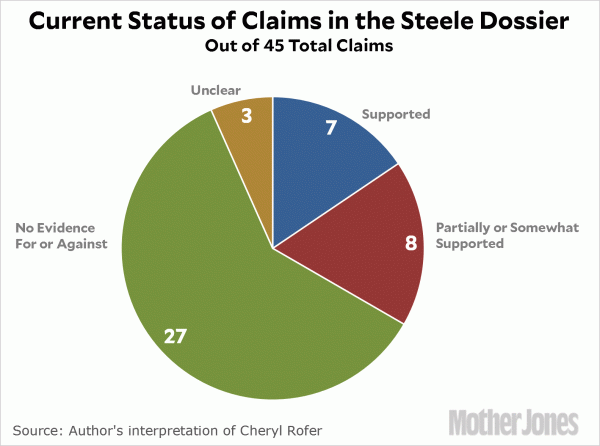Andrew Yang has released a plan for Internet regulation. Some of it is good, some of it is anodyne, and some of it is terrible. You may wonder why I’ve chosen to write about this, since he’s not going to be the nominee. Two reasons: one, we should all be talking about this stuff more. Two, his plan is a great example of how Americans go astray when thinking about regulating tech companies.
From his website, we can start with the good:
Regulate the use of data and privacy by establishing data as a property right. The associated rights will enable individuals to retain ownership and share in the economic value generated by their data.
Wonderful! Big fan. I used to work at a startup that sought to enable customers to do this. Alas, it failed because investors thought that our user base would only be the Very Online™, and the sorts of people who want to hide things. Without widespread adoption (or government regulation), this doesn’t work.
Then we have the “sure, alright, I could see that working out”:
Minimize health impacts of modern tech on our people, particularly our children. I will create a Department of the Attention Economy that focuses on smartphones, social media, gaming, and apps, and how to responsibly design and use them, including age restrictions and guidelines.
He proposes things like “removing autoplay video for children under 16,” though personally I’d like to see that apply to children under 116. This one also contains stupider bullet points like “removing the queues that allow infinite scrolling,” which would be laughably easy to work around, if anybody can even figure out what it means.
And then we reach his dangerous ideas, which many politicians across the spectrum like, and which represent a particular failure mode in American regulatory thought.



